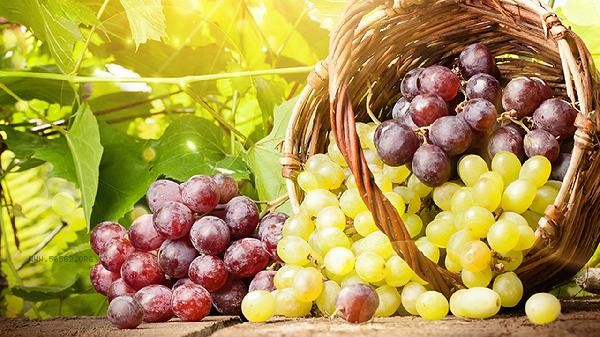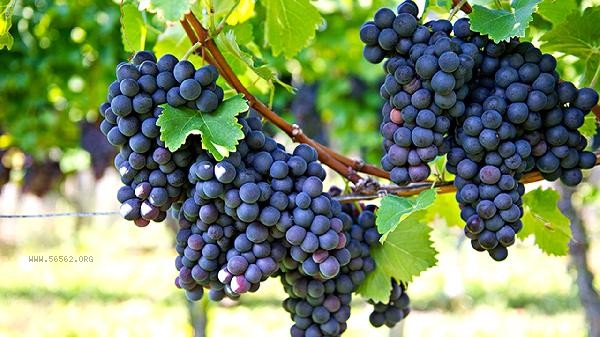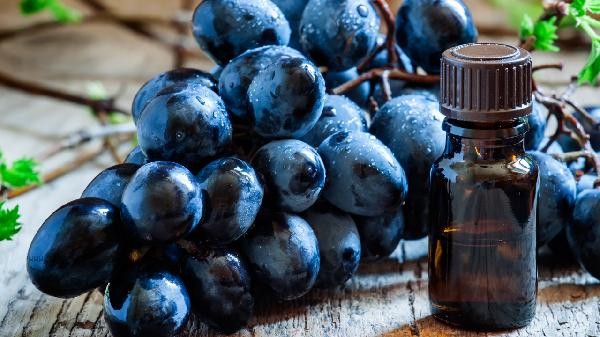Grapes that are not sweet can be increased in sweetness through appropriate ripening, adjustment of storage methods, or selection of improved varieties. The main factors affecting grape sweetness include maturity, planting conditions, picking time, storage environment, and variety characteristics.

1. Proper ripening
Immature grapes can be placed in paper bags or rice jars and naturally ripened using ethylene gas. The ethylene released by bananas or apples can accelerate the conversion of grape starch into sugar, but it is necessary to avoid humid environments that can cause mold growth. The ripening time usually takes several days, during which the softness and hardness of the fruit need to be checked regularly.
2. Adjust storage method
Low temperature can inhibit glucose accumulation. It is recommended to leave it at room temperature until fully matured before refrigeration. When storing, use breathable containers to prevent the accumulation of moisture caused by sealed plastic bags. Grapes that have been picked can be temporarily sun dried to enhance their sweetness, but it is necessary to avoid strong midday light to prevent the skin from wrinkling.
3. Choose high sugar varieties
Sunshine roses, Jufeng and other varieties have a higher natural sugar content. When planting, controlling water and increasing brightness can further enhance sweetness. When purchasing, choose mature fruits with tightly packed grains and evenly distributed powder. Grapes with brown stems usually have more abundant sugar accumulation.

4. Improve planting conditions
Ensure sufficient light and temperature difference between day and night during the growth period, which helps to accumulate glucose. Moderate application of potassium fertilizer in soil can promote fruit color and sweetness, but excessive nitrogen fertilizer should be avoided to prevent excessive growth of branches and leaves. Proper water control during maturity can concentrate fruit sugar, but excessive drought can affect fruit enlargement.
5. Processing and Sweetening
Grapes can be layered and pickled with rock sugar to make candied fruits, or juiced and mixed with honey for drinking. When cooking, pairing grapes with spices such as cinnamon and vanilla can balance the acidity. Extending the boiling time when making jam can concentrate the sugar, but high temperatures can damage some vitamins.

For daily consumption, it is recommended to choose grapes that are ripe in the current season and store them in refrigeration for no more than a week. If you need to quickly increase sweetness, you can cut the grapes in half and dip them in a small amount of honey, or mix them with sweet fruits such as mangoes for consumption. Patients with diabetes should control their consumption, and those with weak gastrointestinal function should avoid taking large amounts of food on an empty stomach. Farmers can improve fruit quality by thinning and controlling yields, laying reflective film, and other methods. For potted grapes grown at home, it is important to pay attention to regular pruning and pest control.









Comments (0)
Leave a Comment
No comments yet
Be the first to share your thoughts!